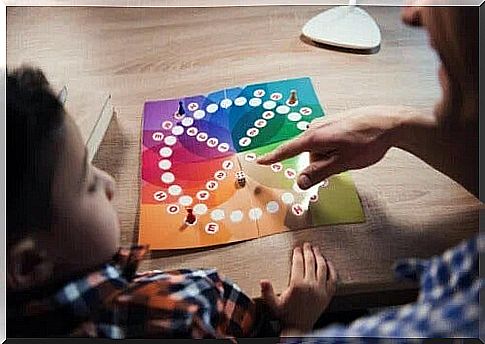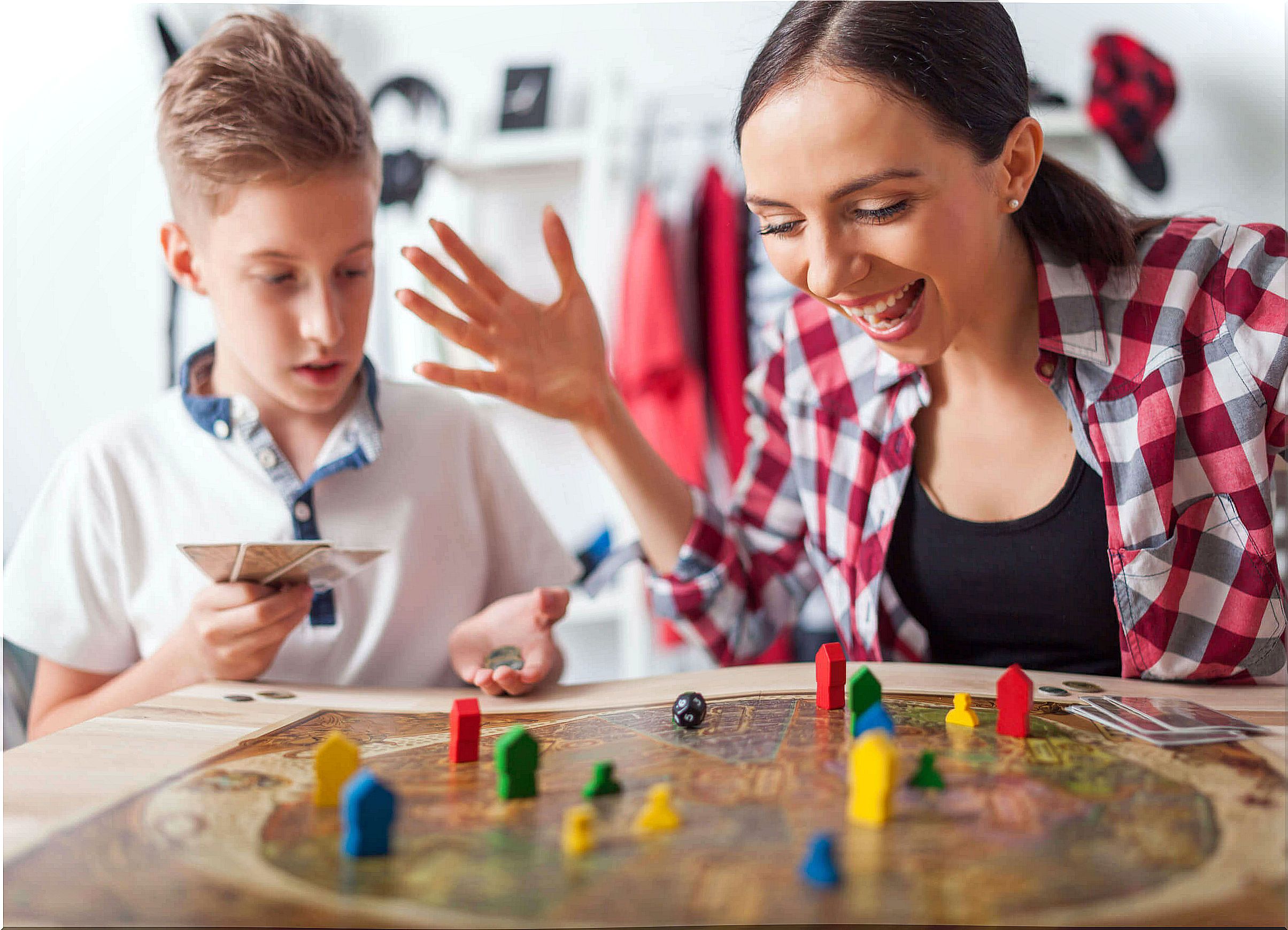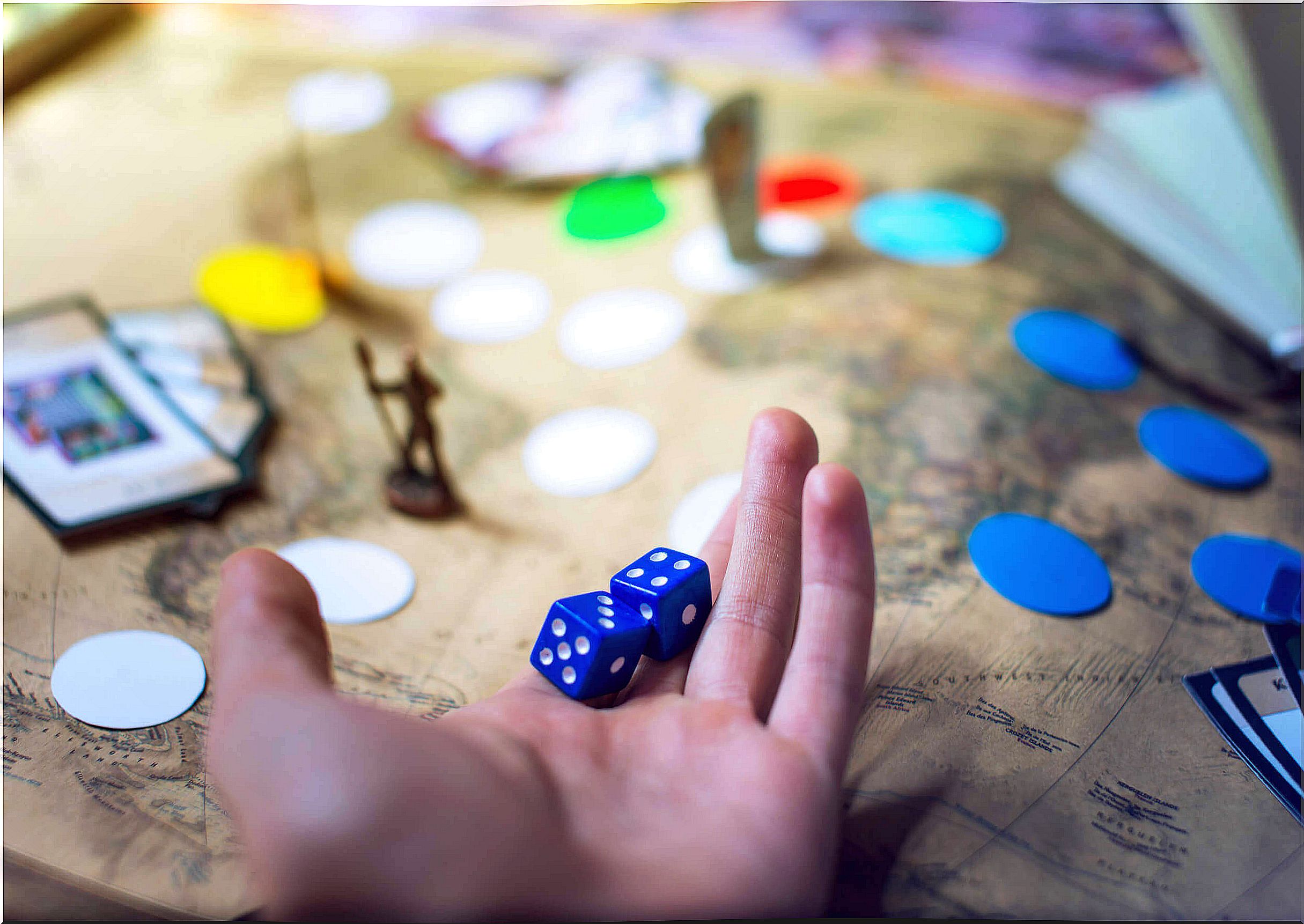Cooperative Board Games: What You Need To Know

Cooperative board games are games that should not be missed at school or at home. They have nothing to do with the traditional games of following rules and seeing who wins and who loses. Children learn with fun and, best of all, by working as a team. Everyone wins or everyone loses.
The little ones learn to work as a team instead of focusing on competition among themselves, when they face each other to make the other lose, that is, with winners and losers. Cooperative board games have many advantages that you should be aware of, so we want to show you everything they can offer children and not-so-young ones alike.
In cooperative board games, competition exists, but it’s different.
In matches, there are no clashes to see who wins or who loses. You don’t have to be the fastest or the smartest. You also don’t have to try to cheat to win. None of this is necessary and thankfully!

While it’s true that competitive board games are fun and also have developmental advantages for children, they have nothing to do with cooperative games.
In cooperative games, it is necessary to draw a joint strategy and think together, because it is not so that one wins and the other loses, but so that everyone wins or everyone loses. Thus, both the satisfaction of winning and the frustration of losing are shared with others. Then, victory is shared with humility and, in the case of defeat, feelings are shared empathically.
Although the competition exists, it is totally different from more traditional games. All players paddle together in the same boat and always in the same direction. The goal is common to all and collective thinking and joint movements are necessary to achieve the ultimate goal of the game in question.
Teamwork is the foundation of cooperative games
As you can see, teamwork is essential. It takes constant cooperation to win, and this is the first and most important learning for participants: everyone needs everyone.
In addition, children (and adults), when working as a team, feel that they belong to a group, that is, the feeling of belonging to a group that works to achieve a common goal is awakened, nothing more human than that in interpersonal relationships .
Players see things from a different perspective than how they would be seen if they worked the game individually. In that case, empathy, compassion, commitment, solidarity, generosity are needed. These are values that, in addition to getting to know them (sometimes for the first time), are also enhanced.
However, if that’s not enough, children will be able to think and creatively way without having to compete individually. They will realize that competition is not always individual and that there are many ways to do things and achieve goals.
They will feel more motivated
Children tend to be very motivated by these types of games, especially when they’ve never played them before and are very used to winning or losing. Knowing that you don’t always win or lose and that everything is fine can be a wonderful discovery for little ones.

On the other hand, they will also feel that motivation fills them, because they will want to explore this new way of playing, with new dynamics, and realize that the best competition they can do in games and in life is with themselves.
It is the fastest way to adapt to life circumstances and, in the case of cooperative play, to adapt to the joint strategy and thus achieve a common goal.
easy rules
Furthermore, in virtually all cooperative games the rules are easy to understand and children can actively participate from the first minute of the game. You can all play together as a family or the children can play while an adult supervises.
Ultimately, players feel better about cooperative play. They are an alternative that can complement more traditional or classic games very well. Let the children choose the game they want to play with at any given time. You will be pleasantly surprised!









